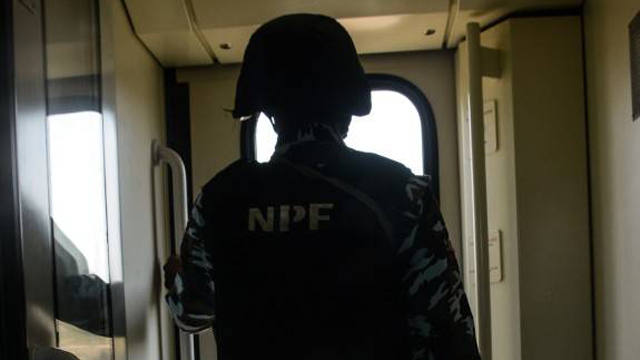
In the modern nation-state, the police typically handle internal security concerns while the military are responsible for protecting a country’s territory, citizens, and interests from attacks from hostile foreign parties. However, the security challenges in many African countries have evolved in quite complex ways for their current police to be able to handle.
Traditionally, an Army deals with symmetric warfare with its clearly defined opponents, terms and areas of engagement, etc. But increasingly, African armies are dealing with asymmetric security challenges as the individuals responsible for the security challenges don’t give national military forces clearly defined targets to strategise around, making peaceful citizens victims of military bombing exercises aimed at wiping out guerrilla camps.
The blurring of lines between the locations for military and police action now means that the police have to develop the capacity to deal with tasks meant for the military and vice-versa. This is important for the police as some internal security challenges are better tackled by the capacity provided by military training and expertise. Examples are cybersecurity threats that can threaten national security.
The colonial powers created African countries haphazardly, keeping incompatible ethnic groups together. An example is the incompatibility between Nigeria’s Southern and Northern regions. These poorly drawn borders have made effective policing somewhat complicated. The actions of Boko Haram, ISWAP, and bandits, prove that cultural and religious affinity doesn’t necessarily translate to harmony, peace, and order; what matters is ideological harmony and the development of sound policing structures that place firm and enforced guidelines on behaviour.
Sound policing structures are built on data and information correctly sourced, arranged, analysed, and made accessible via a proper centralised database that gives fluid access to relevant information on people, groups, and situations, but many factors need to be established to create such reliable centralised databases. These include improving technical competence while providing the political and financial capital needed for database creation and integration.
Beyond making the technology available, the police force must be incentivised to adopt an organisational culture that favours the scientific method and prioritises the use of technology and databased analysis. This can be done by training younger members of the police and rewarding successful adoption and implementation of data analytics.
These, coupled with a strong desire for a compatible relationship with the society being policed, will go a long way to discourage citizens from resorting to self-help. Rebuilding this trust will improve security outcomes.
Nwanze is a partner at SBM Intelligence.
[ad unit=2]






